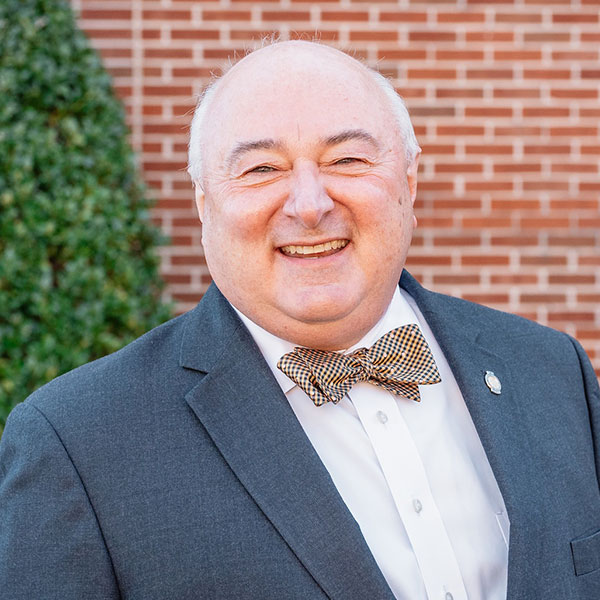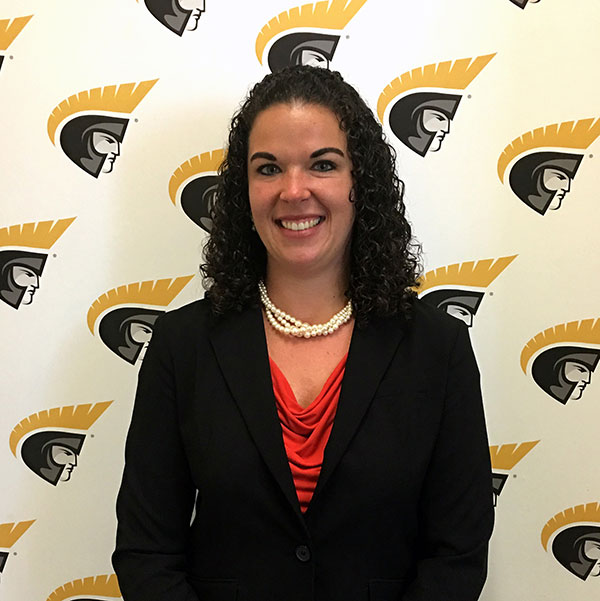- Academics
- Find Your Program
- College of Arts & Sciences
- College of Business
- College of Christian Studies
- College of Education
- College of Engineering
- College of Health Professions
- School of Interior Design
- School of Public Service & Administration
- The South Carolina School of the Arts
- Center for Cybersecurity
- Center for Leadership and Organizations
- Center for Global Engagement
- Innovation & Digital Learning at AU
- AU PRO
- Study Abroad
- Honors Program
- Student Diversity and Outcomes
- Thrift Library
- Academic Catalog
- Dean’s List
- Student Achievement
- Commencement
- Definition of Credit Hour
- Calendars and Schedules
- Give
- Our Community is Stronger Together
- Anderson University Magazine
- A Day-Online Giving Campaign
- Blackbaud Security Update
- Board of Visitors
- Christian Ministry Foundation
- Development Staff
- Donor Recognition
- Gift & Estate Planning
- Giving to Anderson University
- Make a Gift Online
- Parent Association
- Parent Leadership Council
- Trojan Athletic Fund
- Ways to Give
RESOURCE MENU



